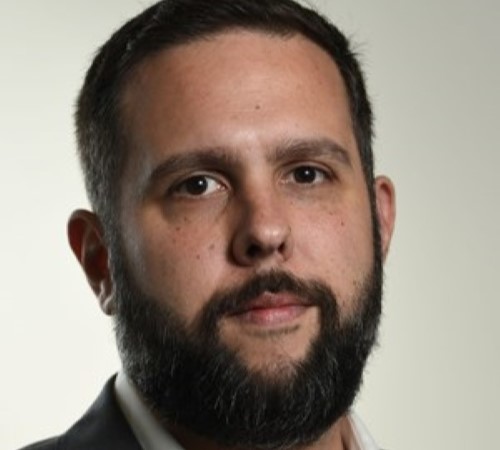Research Fellowships 2018
Dr Petoumenos aims to create computer programs that run faster, use less storage and bandwidth, and are less likely to crash. Achieving these aims with traditional manual approaches is labour-intensive and does not scale with our increasingly diverse hardware and software ecosystems. Automated approaches commonly rely on a set of pre-existing program transformations coupled with a machine learned policy for selecting an optimal subset of these transformations. While learning the policy itself is automated, experts must manually create an appropriate learning environment for each different learning goal, hardware family, and type of application.
Dr Petoumenos’ research, in contrast, takes advantage of recent advances in language modelling to automatically adapt the learning environment itself. Language models can learn the structure of any kind of language, including computer code. Trained on large code bases to understand code structure, these models can then be asked to automatically identify program properties that are relevant to the learning task, hardware, and application type. Alternatively, they can be asked to generate on-demand example programs that will be ideal for learning on. Fully automating optimisation and testing will minimise their cost and overhead, bringing efficient and robust software within the reach of all developers.

Related content
View all programmesSupport for research
The Academy runs a number of grants to support excellent researchers carry out engineering activities and to enable clo…
Research Chairs and Senior Research Fellowships
The Research Chairs and Senior Research Fellowships scheme supports UK-based academics to deliver impactful engineering…
